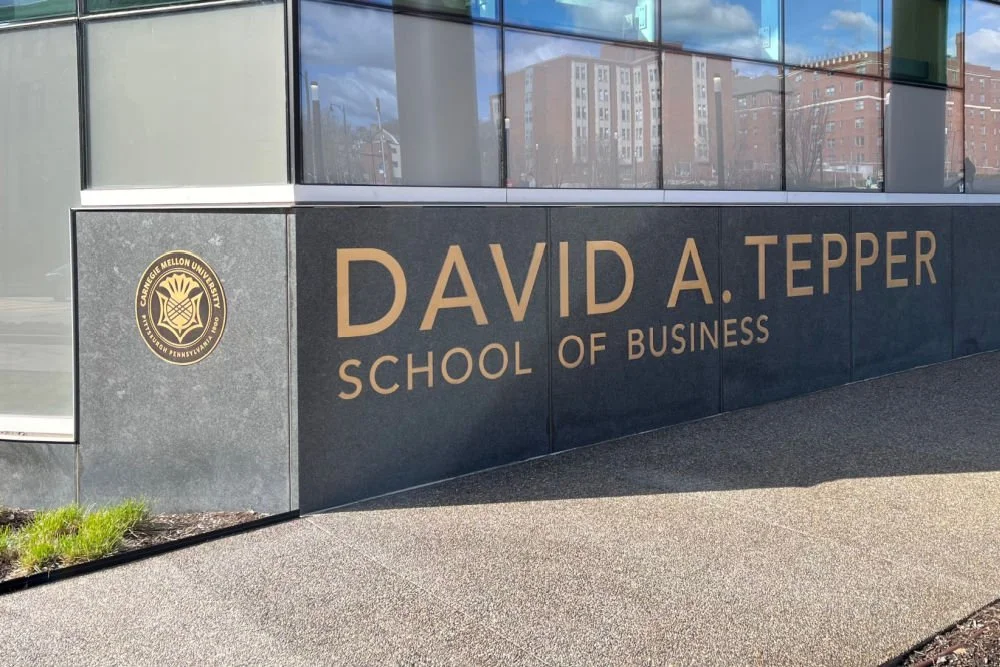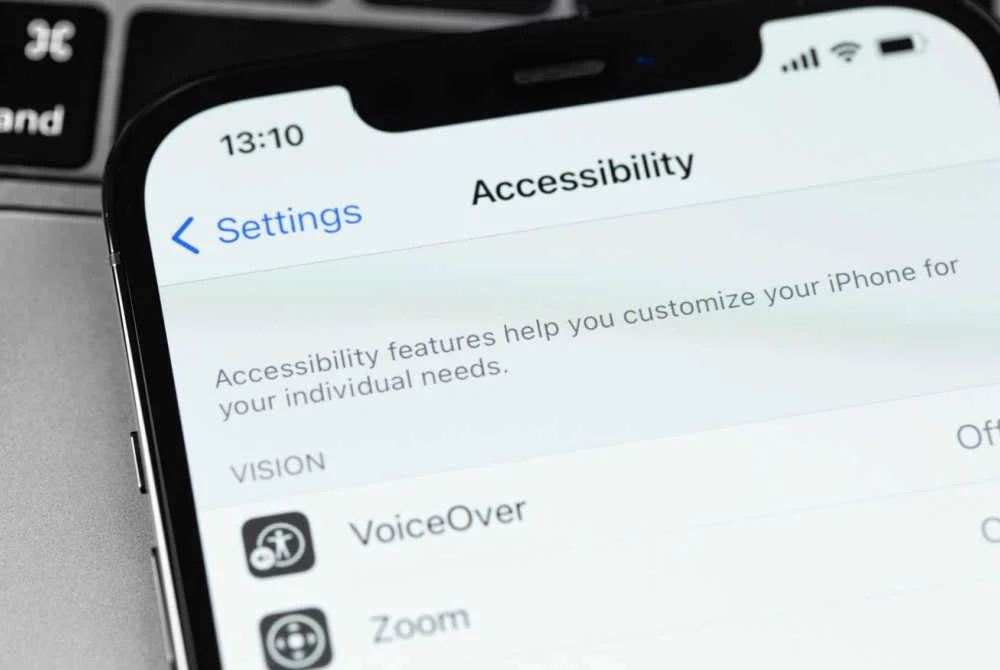Behind a $180 Million Corporate Pledge to Connect Youth with Opportunity Worldwide
/WAYHOME studio/shutterstock
Prudential Financial recently pledged $180 million to prepare young people for the workforce as part of an ambitious global plan stretching into 2025.
The move is fresh evidence that corporate philanthropy has been changing—and starting to look more like the grantmaking coming out of major private foundations. Corporate givers are more likely than in the past to give with a long-term strategy, just like their institutional peers, and to take on challenging structural issues such as poverty and education.
Workforce development programs like this one from Prudential are popular among funders looking to move the needle on economic mobility, on both the foundation and corporate side. Among corporations, JPMorgan Chase often leads the pack when it comes to economic mobility initiatives. Workforce development is a favorite tactic of the bank.
Related: Millions to Improve Job Skills From a Top Funder May Help Workers Move Up. But How Far?
Many of these programs are based on a matchmaking logic. Employers are struggling to fill certain kinds of skilled, well-paying jobs, even as millions of Americans are stuck in low-wage positions and would benefit from better opportunities. If you can train those workers for jobs now going unfilled, it benefits both the worker and the employer.
This isn’t Prudential’s first foray into workforce development, though it is slated to be the company’s biggest philanthropic endeavor to date. The initiative will take the company’s philanthropy around the world to more than 70 countries, including Mexico, Brazil, the U.K., India, Kenya, Colombia, Argentina, Chile, Indonesia, Italy, Japan, Korea, Malaysia and Taiwan.
The United States is likely to be the main focus of the grants, though, with about a third of the $180 million going to the greater Newark, New Jersey, area, where Prudential is headquartered, a spokesperson said.
This set of grants will focus specifically on youth from the ages of 15 to 29 who lack access to school, training or jobs. The company refers to this group as “opportunity youth,” and estimates that there are as many as 350 million worldwide that fit that description.
“We’ve seen firsthand from our work with partners around the world the positive ripple effect that supporting youth in this way has on local communities,” said Lata Reddy, senior vice president of diversity, inclusion and impact, and chair and president of the Prudential Foundation.
“Integrating this population into the workforce will drive revenue growth for businesses and the global economy,” she said in a press release. “With the right skills and training, opportunity youth can be both an engine of growth and a catalyst for positive social change.”
Prudential’s initiative comes on the heels of a recent move by Dalio Philanthropies to catalyze a $300 million public-private partnership for education and jobs in nearby Connecticut that also has a major focus on creating new pathways to opportunity for disconnected young people. Other funders have zeroed in on the same population in recent years, citing research showing that over 10 percent of Americans between the ages of 16 and 24 are neither working nor in school. For African-American youth and other kids of color, the ratio is even higher. A recent report found that in many urban areas, “disconnection is closely linked to poor access to transportation,” and that a history of “redlining, residential segregation, and disinvestment in central cities continues to hamper access to quality jobs and education for black and brown young people.”
Related: In a State with Deep Inequities, a Billionaire Couple is Catalyzing Action on K-12 and Jobs
Prudential’s past work with disconnected youth includes a partnership with YouthBuild through the company’s real estate investment arm, PGIM Real Estate. The nonprofit trains youth for jobs in the construction industry. The company also partnered with Andela, a New York-based startup, to invest in a talent pipeline of software engineers in several African countries.
Prudential has also had a hand in several collaborative efforts to boost workforce readiness in the past few years. The company contributed to the National Fund for Workforce Solutions, which is part of the University of Chicago’s Center for the Study of Race, Politics and Culture. The fund has raised $30 million through its backers since 2007, and leveraged $300 million in support through matched funds from regional investors.
Other corporate backers included Boeing and JPMorgan Chase. As mentioned above, JPMorgan Chase is another frequent corporate contributor to these sorts of efforts, as is Citi. The Ballmer Group and the Joyce and W.K. Kellogg foundations are a few of the fund’s supporters from the foundation world.
Prudential also got involved in the 100,000 Opportunities Initiative, which, city-by-city, worked to connect youth to skills and jobs that would put them on a path toward a brighter economic future. The effort was spearheaded by Starbucks founder Howard Schultz and involved job fairs in major cities showcasing local resources and opportunities.
Prudential was one of many companies to get involved in funding the initiative through the Aspen Institute’s Opportunity Youth Incentive Fund.
Momentum has been steadily building behind initiatives that focus on workforce development, especially those that focus on young people. That these efforts work to solve a market inefficiency helps to explain their appeal to business-minded backers. They have the added benefit of addressing poverty without undermining the system that filled corporate coffers.
Of course, the absence of structural change involved in this sort of program also makes it unlikely that workforce training work will make a dent in poverty on a major, lasting scale.
Related:







































